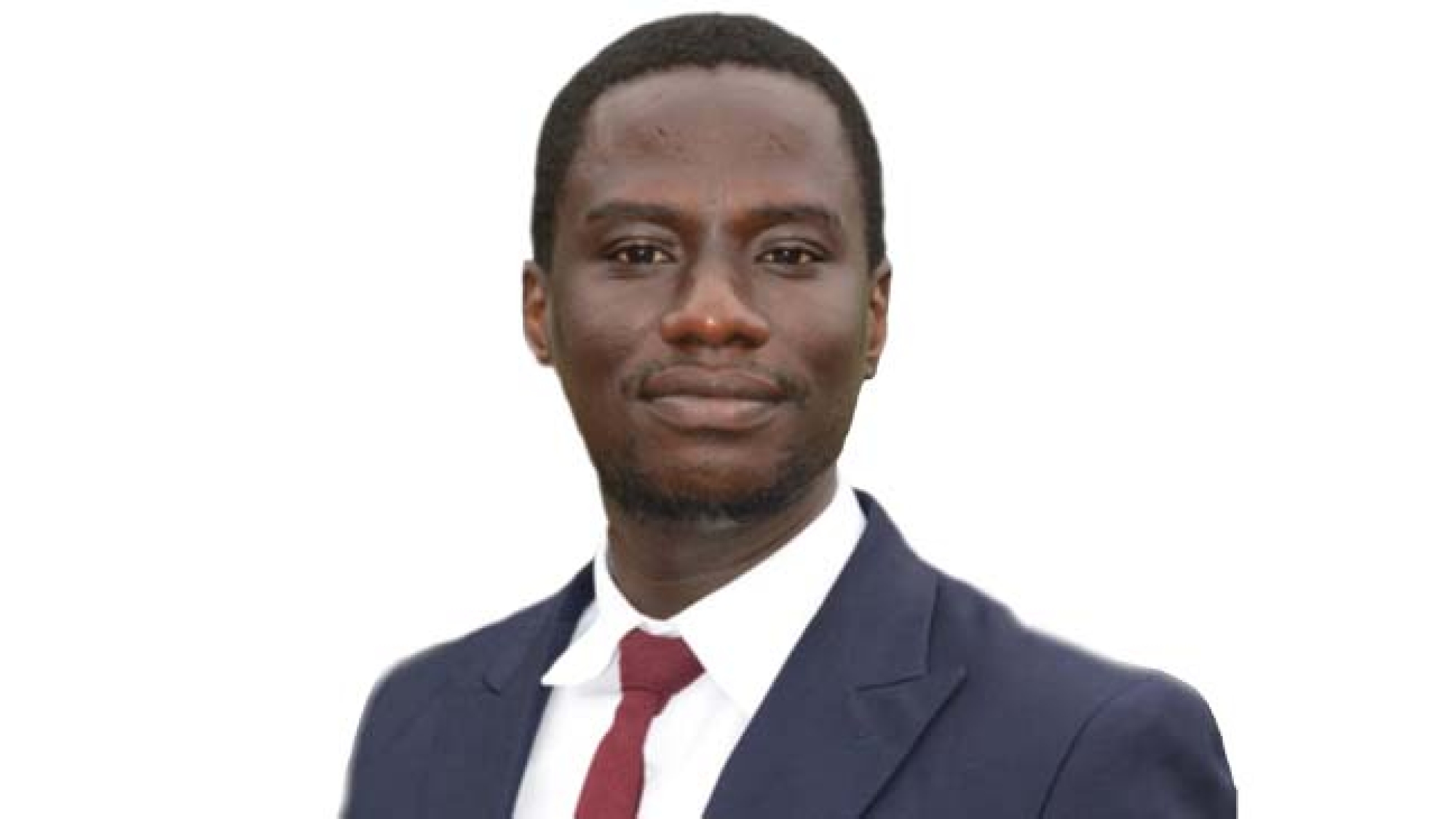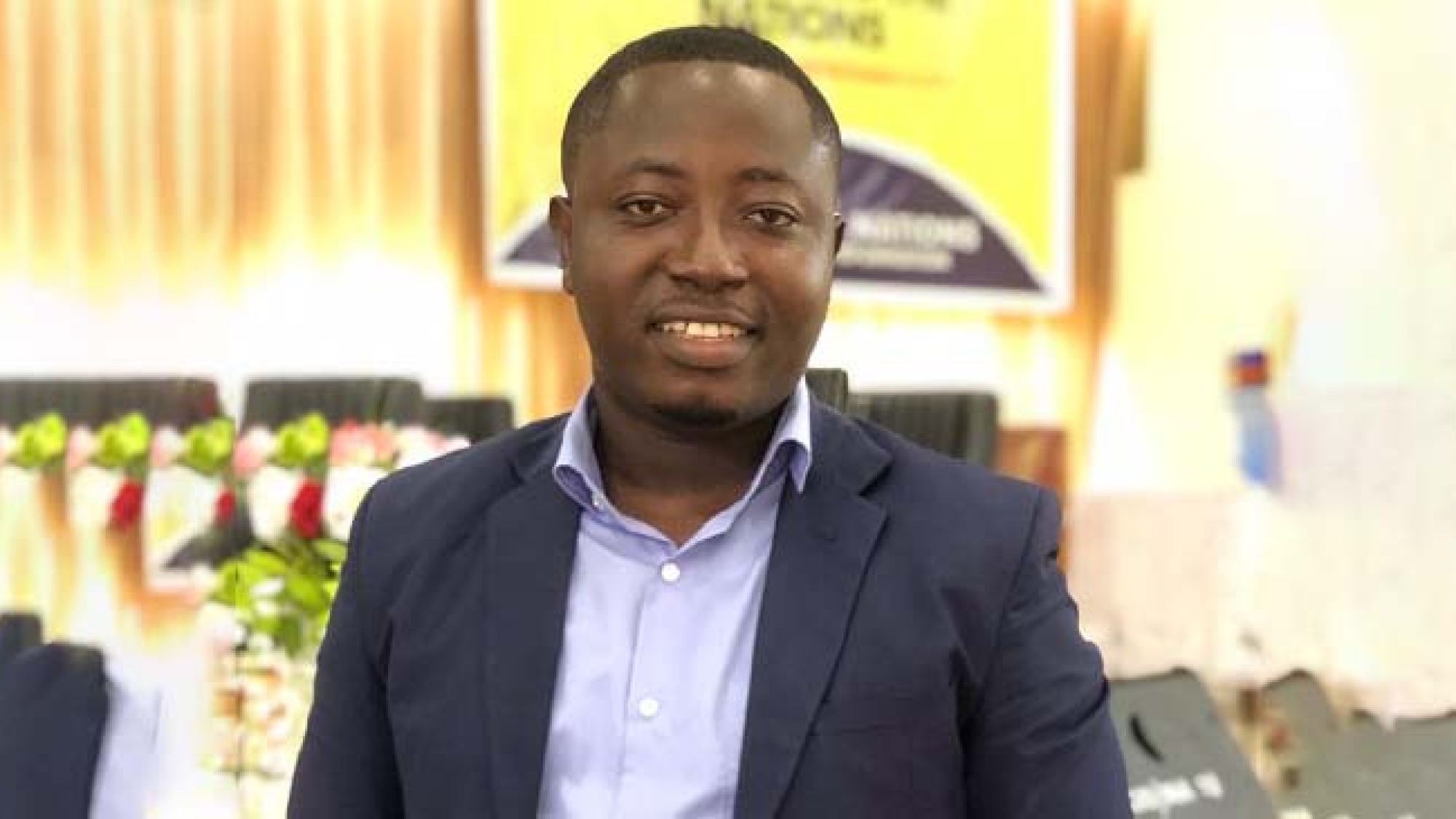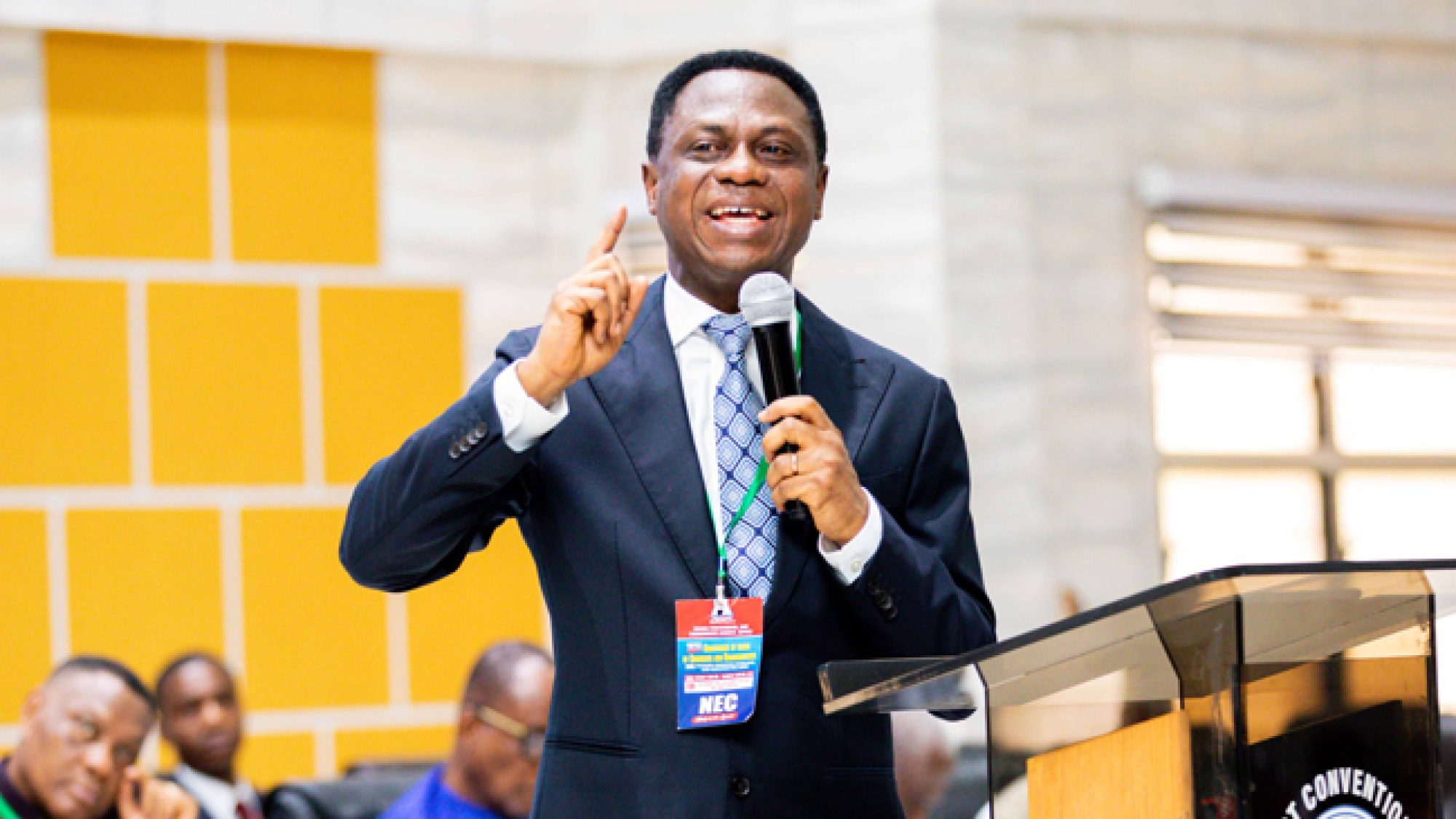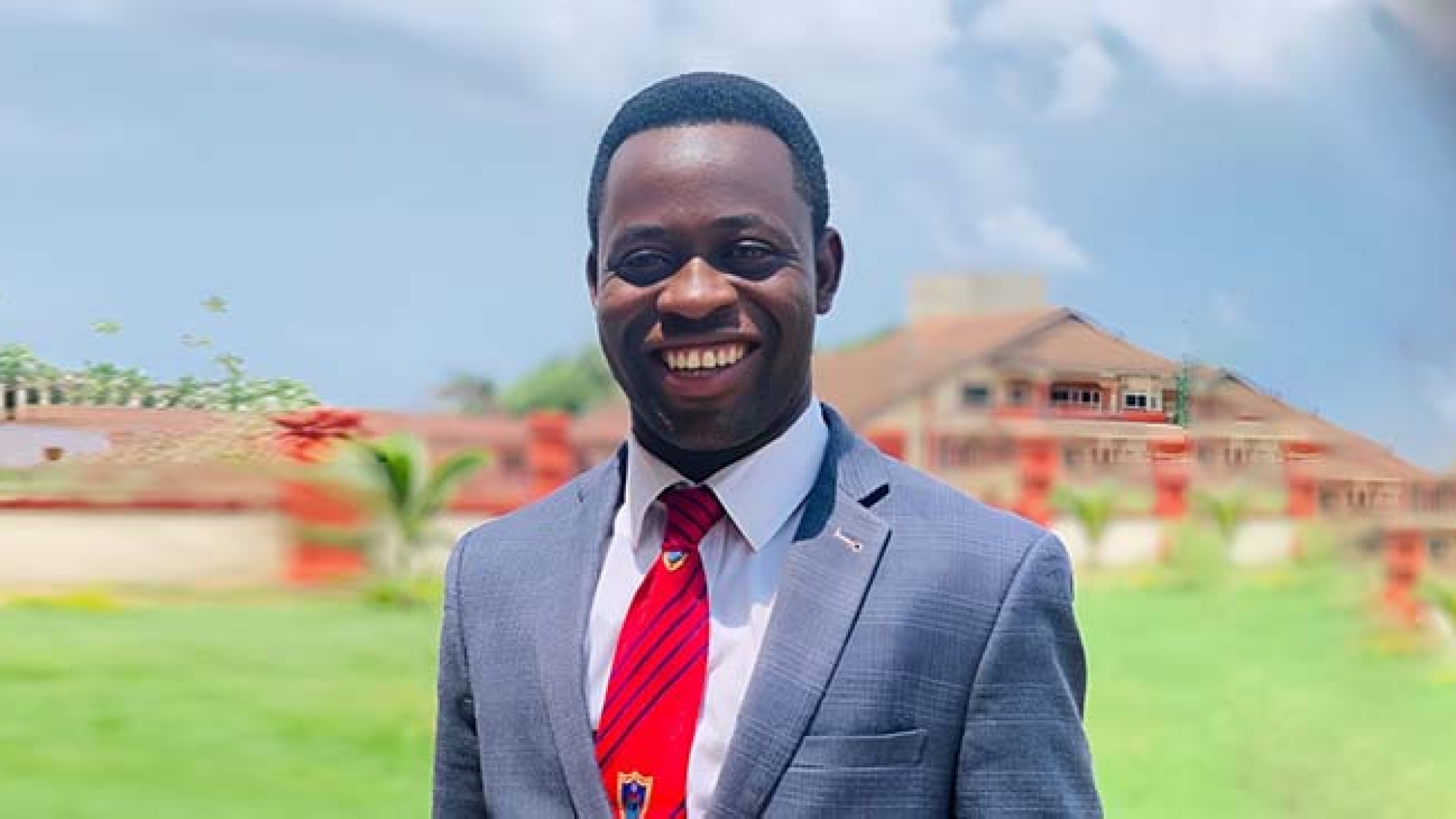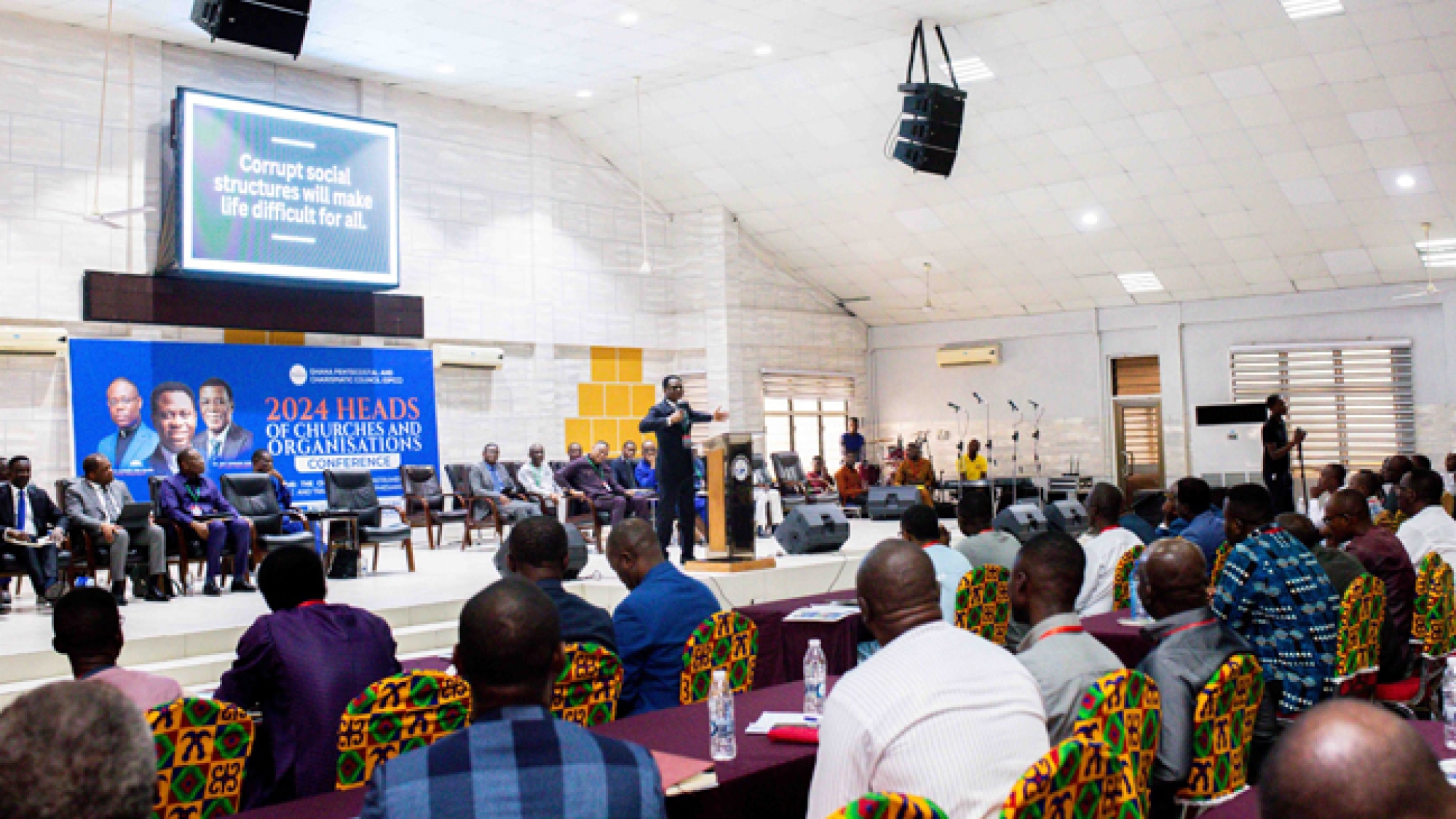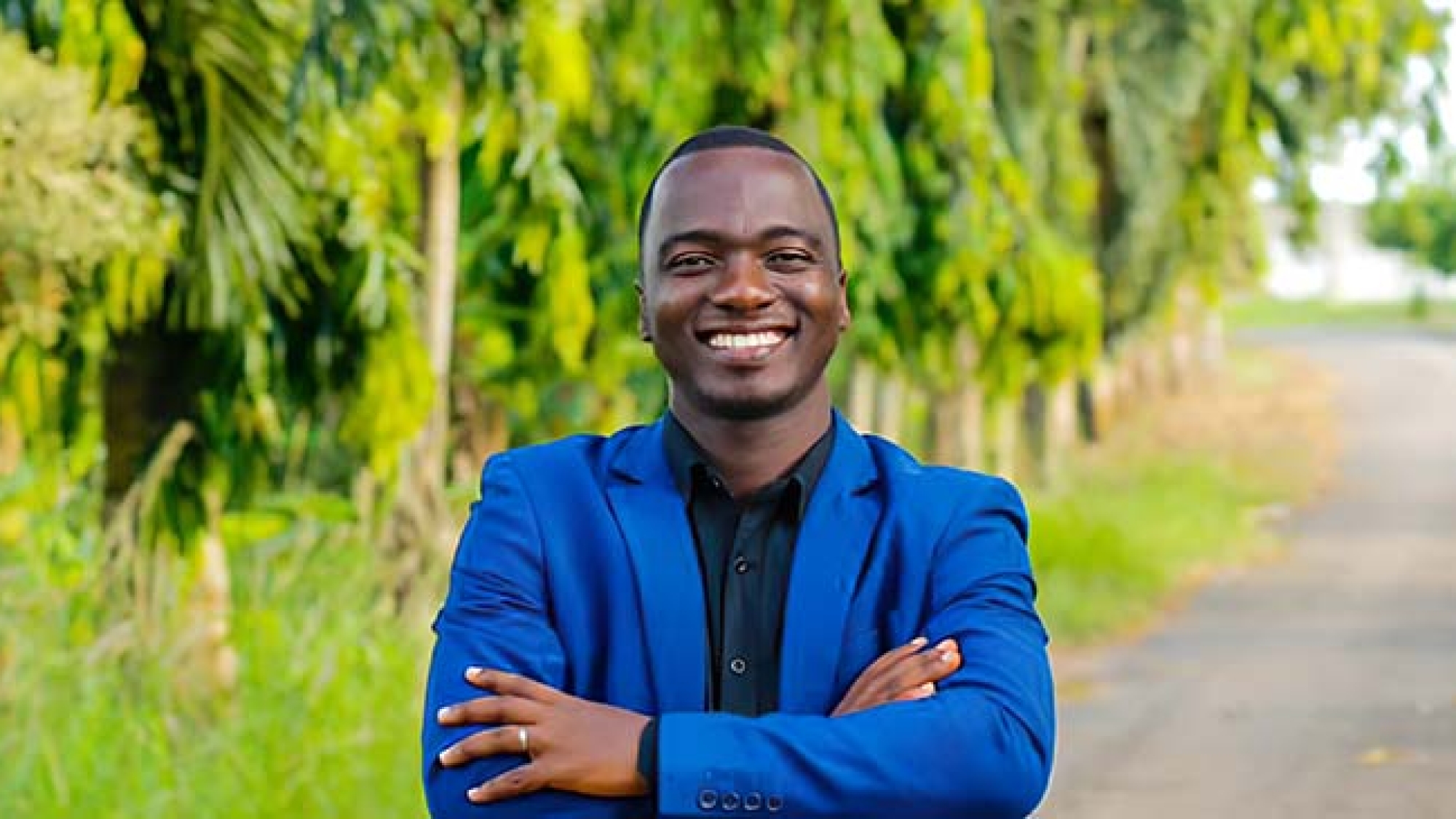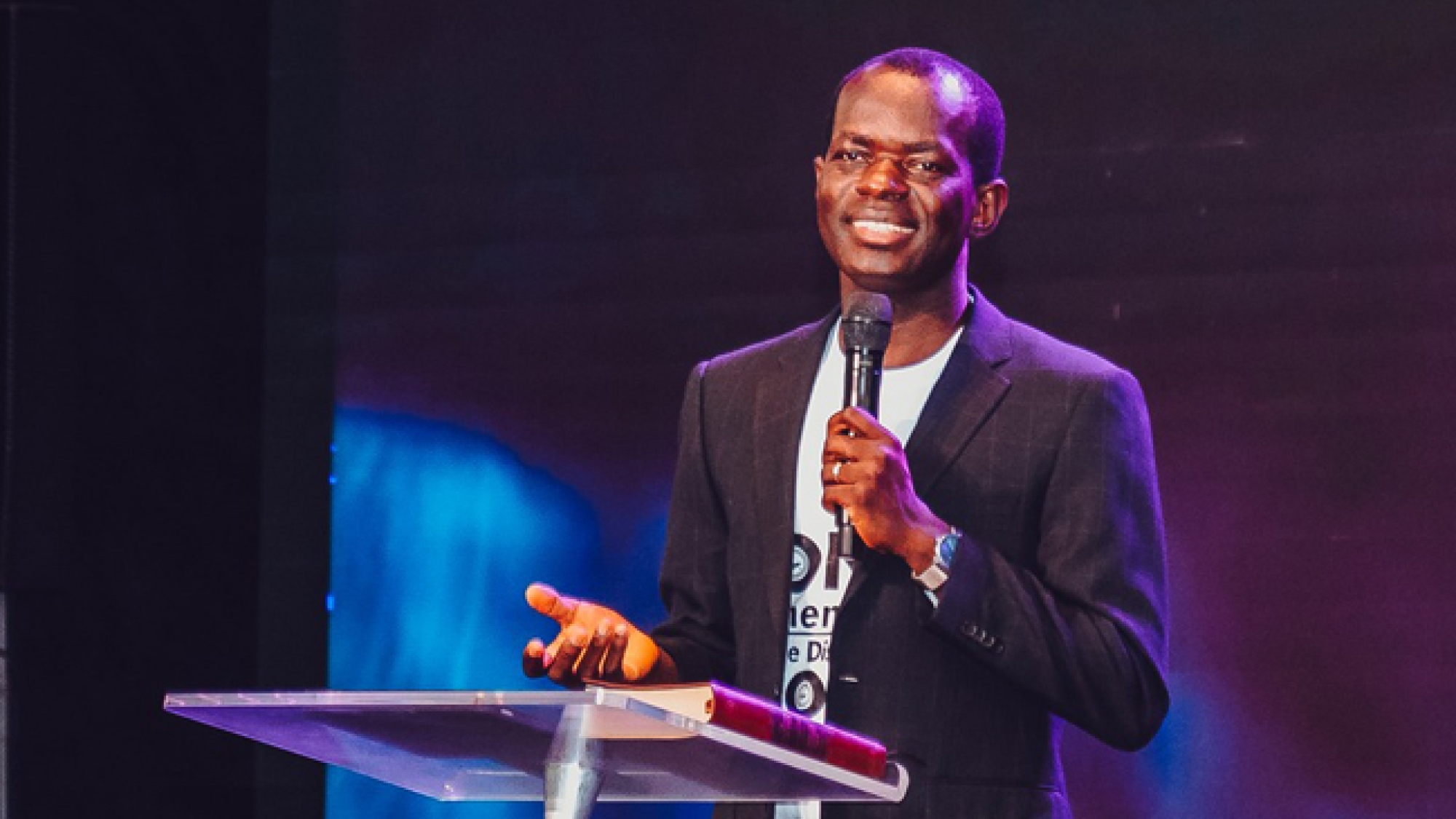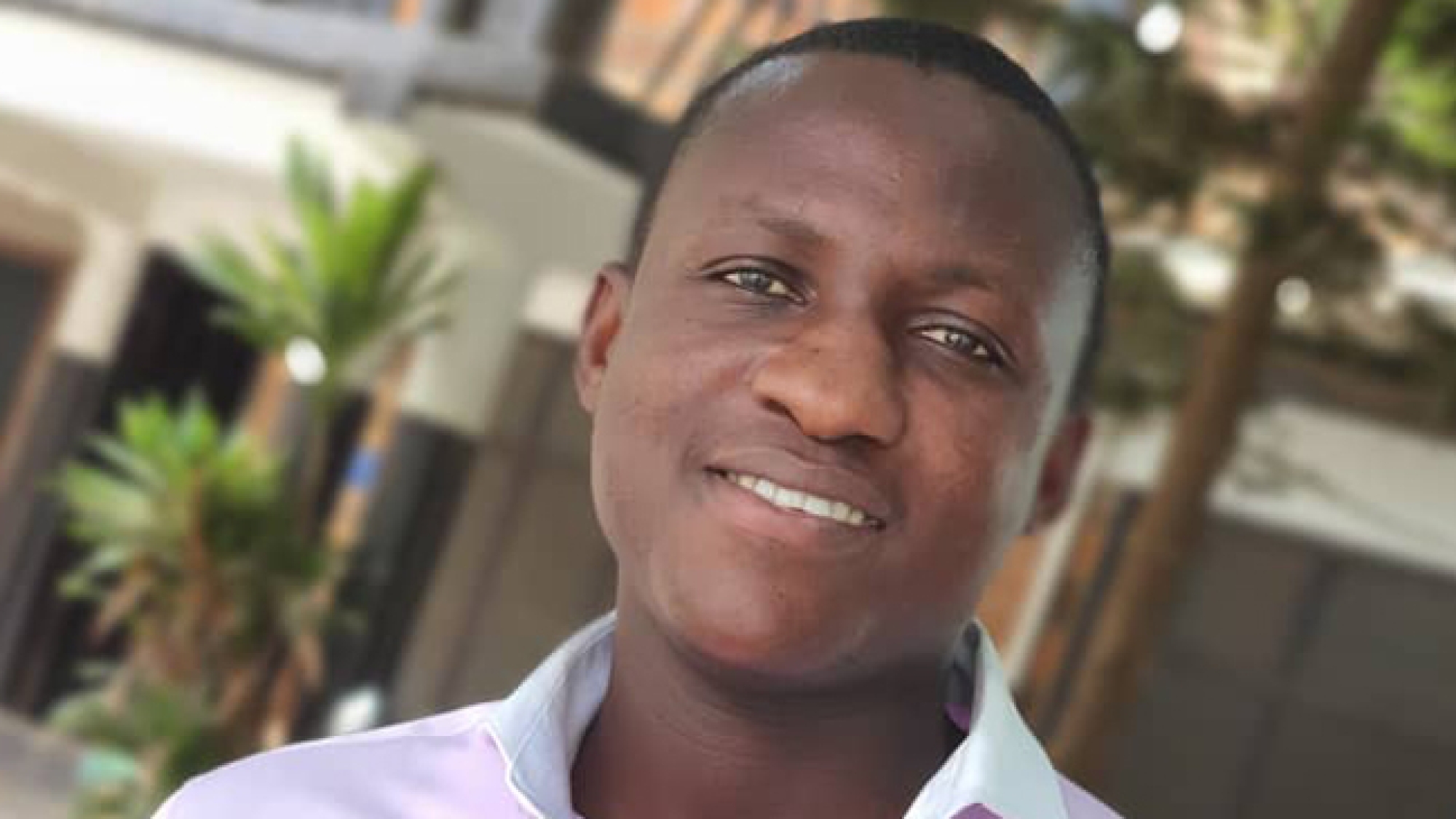SCRIPTURE REFERENCE
“But ye shall receive power, after that the Holy Ghost is come upon you: and ye shall be witnesses unto me both in Jerusalem, and in all Judaea, and in Samaria, and unto the uttermost part of the earth.” ACTS 1:8
Every person in the great fabric of our Christian faith is endowed with a significant ability: the capacity to be a catalyst for the gospel’s proclamation. It’s simple to think of Christian outreach as the responsibility of a select group of people adorned in clergy robes standing at pulpits. But the core of our work is based on the conviction that every man and woman is at the bottom, the gospel’s wheel, with the power to shift the wheels of illumination and transformation from Jerusalem (our inner circles) in all Judaea and in Samaria, and unto the uttermost part of the earth (our outer circles). Acts 1:8
In this piece, we will discover ourselves not as spectators but as active participants in the grand narrative of spreading the gospel in the symphony of faith, where every note adds to the melody of the spiritual transformation of the world. This article aims to shed light on the crucial part that each individual in the body of Christ plays in this divine orchestration: the power vested in ordinary people to become extraordinary bearers of the gospel of our Saviour, Jesus Christ.
Our study proceeds in three stages:
- THE POWER OF THE INDIVIDUAL: We explore the fundamental idea that every individual can be a catalyst for change in the church, focusing on the role of the divine chariot in actively proclaiming the gospel, drawing inspiration from 2 Peter 2:21.
- SPREADING THE WORD: In the second stage, we will learn about the importance of messengers, the transformative power of sharing the word, and inspiring stories of faith-inspiring individuals.
- TAKING INITIATIVE: As we approach the final stage of our journey, it is crucial to consider the concrete actions resulting from faith and initiative, not just receiving the word but also actively participating in sharing the gospel in our neighbourhoods and workplaces.
Come explore faith in action with us as we study how the call to take initiative, the strength of the person, and the skill of sharing the word come together to form a harmonic chorus of divine revelation.
THE POWER OF THE INDIVIDUAL
“No prophetic message ever came just from the human will, but people were under the control of the Holy Spirit as they spoke the message that came from God”.- 2 Peter 1:21 (Good News Translation)
The writings of Romans 10:14-15 and 2 Peter 1:21 were composed within the framework of early Christian society. Christianity was a minority religion at the time and had a difficult time being widely accepted and disseminating its doctrines. The scriptures highlight the significance of using human messengers to go beyond these barriers and share the gospel with people who have not heard of or accepted Jesus Christ. It emphasises the importance of human ambassadors in the spread of Christ’s teachings, as they are the ones who bring the word of God to those who have not yet heard or believed. By doing so, these messengers play a crucial role in facilitating faith and fostering the growth of the church and the beauty of their feet.
One potential counterargument to the idea that humans play a central role in spreading the gospel is the belief in divine intervention. Some may contend that human efforts are subordinate to God’s purpose and that it is ultimately His responsibility to see that the gospel is heard by those who need to hear it. The quotations offered, however, imply that people are active players in the message’s transmission rather than only passive listeners. People play their part in the divine plan when they actively proclaim and share the good news. Consequently, human engagement is still crucial even when supernatural intervention is involved.
People are encouraged to get involved in their religious groups by realising the value of personal interaction in sharing the gospel. This knowledge inspires Christians to communicate their faith, interact with people proactively, and participate in outreach initiatives. It also highlights the idea that everyone can contribute to the gospel’s dissemination regardless of one’s standing or function within the religious hierarchy. As a result, the religious community as a whole may be strengthened, and believers may feel more unified and accountable to one another.
SPREADING THE WORD
And he said unto them, Go ye into all the world, and preach the gospel to every creature. – Mark 16:15-16
Many people have served as lights in the history books, guiding successive generations down the gospel’s road. These dedicated individuals, who range from the unwavering early Christian apostles to the relentless missionaries of today, have not only shared the good news but also embodied its transformative impact. Their steadfast dedication has created a lasting legacy by establishing churches, encouraging conversions, and promoting the broadening of the Christian religion.
Consider the apostolic zeal of Paul and Peter, whose names resonate through the hallways of time. These pioneers braved fresh territories and faced hardships head-on, never giving up on spreading the gospel of Jesus Christ to various regions and communities. The New Testament details their arduous travels, providing a moving account of the crucial role that human messengers played in the early phases and successful spread of Christianity.
Furthermore, the impact of people like Mother Teresa, who served the impoverished with unmatched compassion or contemporary missionaries who toil ceaselessly in remote parts of the world beyond the pages of scripture further emphasises the gospel’s enduring power. As we read through these stories, we see how interpersonal interactions and connections have a cascading impact, a phenomenon crucial to a person’s choice to adopt a faith. Research confirms that the authentic sharing of faith through personal testimony and the warmth of human connection play a major role in the gospel’s reception. When a soul meets another, these private times are when the seeds of faith find rich soil and grow into long-lasting spiritual journeys.
TAKING INITIATIVE
“How then will they call on him whom they have not believed? And how are they to believe in him of whom they have never heard? And how are they to hear without someone preaching? And how are they to preach unless they are sent? As it is written, “How beautiful are the feet of those who preach the good news!” Romans 10; 14 -15 9English Standard Version)
Now that we are at the point of inspiration and action, there is a strong urgency to take the initiative. Being just receivers of the gospel is insufficient; we are called to actively participate in its dissemination. Here are some practical pointers and ideas for people to start this life-changing process of enlightening others in their communities or areas of influence:
- Embrace authenticity by living out your faith daily, as genuine belief radiates sincerity and can serve as a powerful testimony.
- Lead by example by demonstrating the transformative power of faith through acts of kindness, generosity, and compassion, demonstrating the principles you uphold.
- Talk to loved ones about your beliefs in a courteous and open manner. This will provide a safe environment for discussion and spiritual exchange, boosting understanding and spiritual development.
- Utilize social media to share uplifting messages, personal reflections, or relevant scripture passages, reaching a global audience through online platforms.
- Support missionary work by contributing financially or logistically, even if you cannot personally embark on missions. This can greatly aid those actively spreading the gospel.
- Volunteer for missions work and outreach initiatives. This allows you to personally witness how the gospel is preached and received outside the walls of the church.
The first step in spreading the word is making the commitment to be a lighthouse in your community, adding to the story of faith that unites people there and creating a lasting legacy that echoes the call to share good news across all boundaries.
CONCLUSION
Our journey through “Man; The Wheel of the Gospel” has unveiled a profound truth that every man and woman is, at their core, the gospel’s wheel endowed with the power to shape the narrative of spiritual enlightenment. We explored the significance of the individual in three stages:
The Power of the Individual: Inspired by 2 Peter 2:21, we learned that human messengers, driven by the Holy Spirit, are integral to transmitting the divine message. It’s a call not just to hear but to actively participate in the proclamation of the gospel.
Spreading the Word: From apostolic zeal to modern missionaries, we witnessed the transformative impact of individuals who not only shared the good news but lived it. Their stories underscored the enduring power of personal interactions in the spread of faith.
Taking Initiative: The final stage brought us to the present, where we are called to take concrete actions. Embracing authenticity, initiating conversations, leveraging social media, and supporting missionary work are among the practical steps for individuals to actively engage in spreading the word.
As we conclude, the tapestry of faith is woven with the threads of human stories, each contributing to the vibrant mosaic of spiritual transformation. The journey does not end; it extends beyond the pages of this article, inviting each reader to be a modern torchbearer, continuing the legacy of those who have paved the way before us. The gospel is not confined to pulpits but resonates in the hearts and actions of every believer, echoing the timeless command: “Go ye into all the world and preach the gospel to every creature” (Mark 16:15-16). It is an ever-expanding symphony, and each individual is a crucial note, harmonising the chorus of divine revelation.
REACH OUT, TAKE OVER, AND BE THE WHEEL OF THE GOSPEL.
Written by Deacon Blessing Agyei.







